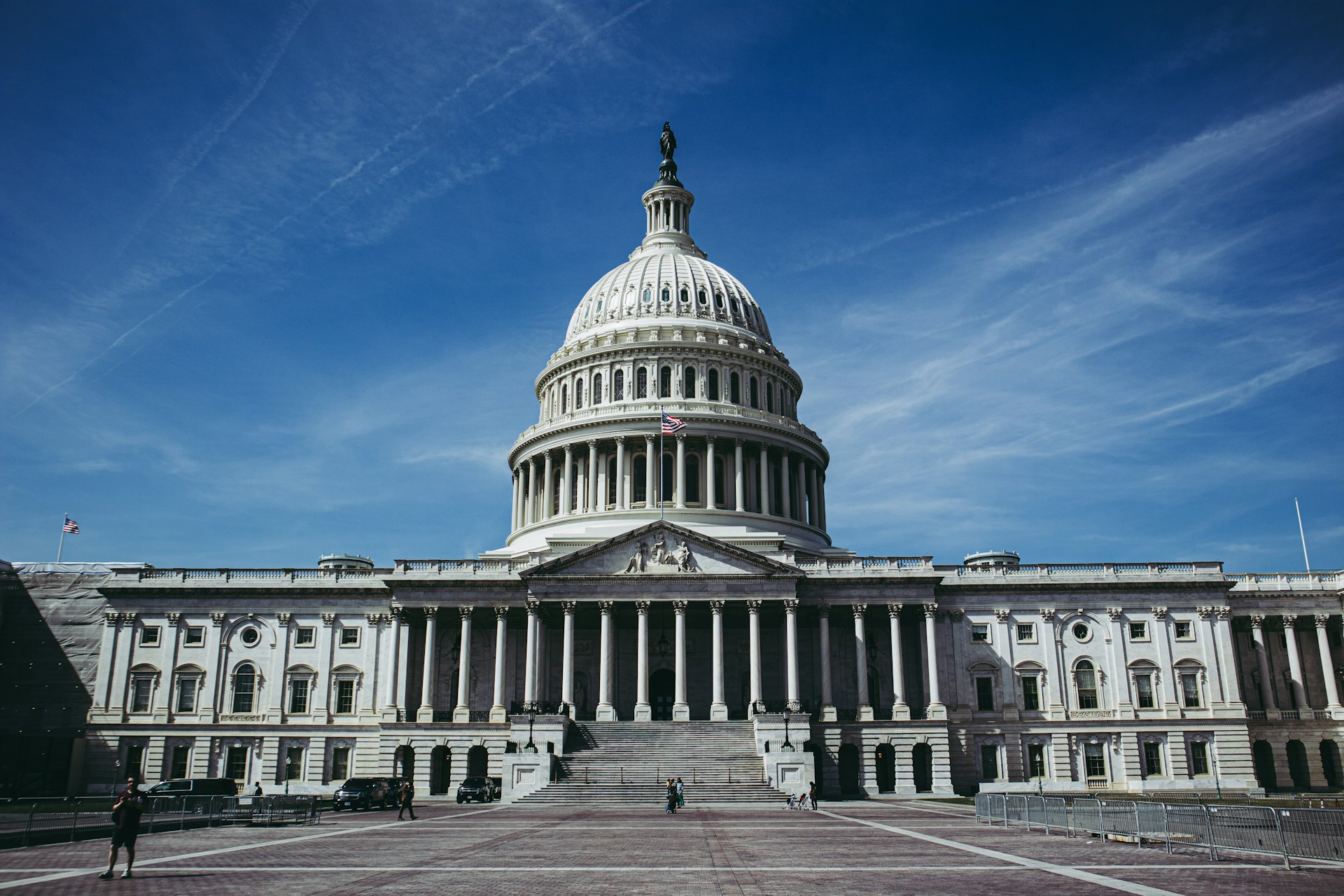Our national forests are crisscrossed by more than twice as many roads than form the National Highway System. However, these taxpayer-subsidized roads haven’t been built to address our nation’s transportation needs, their main purpose is to provide logging companies access to publicly-owned timber.
Since 1975, the construction of timber roads has cost taxpayers in excess of $5 billion. In addition, the Forest Service gives trees free of charge to logging companies in exchange for building access roads. This system has resulted in enough roads in the national forests to circle the globe more than 17 times or to travel to the moon and back.
Building 400,000 miles of roads has created a financial problem for the Forest Service. The agency currently receives just enough funding to maintain 20 percent of the roads. The Forest Service currently has a road maintenance backlog of more than $8 billion. Neglecting maintenance endangers lives and property by increasing the likelihood of automobile accidents, mudslides, and road washouts.
According to the Forest Service, properly maintaining the roads would reduce the number of fatalities by one-third. Prioritizing maintenance of the current roads over new road building would also protect drinking water supplies and increase revenue and jobs associated with recreational use.
A two-year study by the Clinton Administration that followed 600 meetings and input from 1.6 million individuals resulted in a policy that bans new roads in roadless areas. Nevertheless, because the new rule came at the end of Clinton’s term, President Bush has placed it under review and plans are being developed to allow for road construction and timber sales in roadless areas.
In Alaska’s Tongass National Forest, alone, 33 separate timber sales are under consideration. To access timber from these potential sales, taxpayers would have to spend tens-of-millions of dollars to build new roads. Already, over the past five years, taxpayers spent $20 million to build roads to access timber in the Tongass.
Changes are needed in the roadbuilding policy to ensure that long-term costs are considered. When roads are built, the timber companies that profit from them should pay the full cost. In addition, long-term maintenance costs should become a cost of doing business for the industry and not paid by the taxpayer.
During his election campaign, President Bush expressed a strong interest in increasing logging of our national forests. Such a policy would mean hundreds-of-millions in taxpayers dollars would be needed to build more roads.
In the interest of the taxpayers of today and tomorrow, the President should commit to stop wasting money on roads that should be paid for by the timber industry.











Get Social